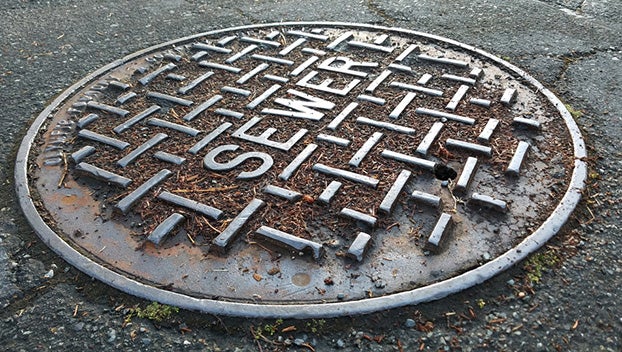City lacking medical professionals
Published 12:00 am Sunday, March 29, 2009
If you need a cardiologist in Natchez, there isn’t much of a pool to pick from — there’s only one.
But a lone specialist isn’t unique in Natchez.
The city has only one general surgeon, one urologist and no neurologists.
The Natchez medical community agrees Natchez needs more doctors.
Natchez Community Hospital CEO Tim Trottier said the area is defined as medically underserved by federal agencies.
Local doctors and administrators at Natchez Regional Medical center all agree on the shortage.
“We absolutely need more doctors in the area,” said Dr. Vikramaditya Dulam, Natchez’s only cardiologist.
Just how the area can recruit more doctors, and why there aren’t more now, remains in question.
Mississippi State University Assistant Professor of Sociology and Director of the Northeast Mississippi Area Health Education Center Lynne Cossman has studied doctor shortages throughout Mississippi and said the problem is not unique to Natchez.
Cossman said there isn’t one single practicing doctor in Issaquena County.
“It’s a problem in rural areas, and it’s a problem in most of Mississippi,” Cossman said. “Mississippi has always had shortages.”
While Cossman said most don’t consider Natchez a rural area, most new doctors are not generally attracted to smaller towns and trend to large cities when they finish medical school.
Additionally, Cossman said the overwhelming number of medical students set up a practice in the city where they complete their residency training.
Since neither Natchez Community Hospital nor Natchez Regional Medical Center are teaching hospitals, no residents are training in the area.
“It’s a huge problem,” Cossman said.
One tentative solution to the recruitment problem is to focus on recruiting more students from rural areas in the hope they return home for their practice, Cossman said.
But new, young doctors are not always easy to entice.
Natchez Regional’s Vice-President of Medical Affairs Dr. Kenneth Stubbs said many new doctors are less attracted to private practice and want to be part of a large hospital group.
They are looking for guarantees in areas like time spent on-call, salary and patient load.
“And we can’t make a lot of those guarantees,” Stubbs said. “It’s not as easy as saying ‘we need doctors’, we need the right doctors.”
And in Stubbs’ 27-year practice here in Natchez, he has seen doctors come and go.
Stubbs said when he started practice in the early 1980s there were more than 80 doctors practicing in the area, now there are approximately 40.
Though doctor recruitment is a problem in many areas, Natchez’s situation is unique, Stubbs said.
He describes it as a “self-fulfilling prophecy.”
Stubbs said since there is a local patient perception that cardiology, urology and other specialized services need to be gotten outside of the community, primary physicians in the area are prone to send patients out of town for specialized care.
And everyone agrees no doctors will come to an area if there isn’t enough patient base to sustain a business.
Once that process happens enough times, those specialists don’t have enough business to sustain a practice and the need for specialists in the area is greatly diminished.
“It’s a cycle that we’re in,” Stubbs said.
And Dulam said it’s that cycle that’s hurting business.
“We’re not too busy right now,” Dulam said Friday afternoon.
But Dulam said if primary care doctors in the area made more of an effort to refer specialized work, like cardiology, here in Natchez, more doctors could be utilized in the area.
“That mindset needs to change,” Dulam said.
But the propensity to send patients out of town isn’t the only change that needs to come.
Regional CEO Scott Phillips and Trottier both said new doctors coming into the area have not always gotten warm welcomes from established doctors in town.
Phillips said new doctors coming into the area pose a threat to existing practices, and in the past that has stopped existing doctors from welcoming new physicians.
“We have great doctors here, they are dedicated physicians, but it’s about competition,” Phillips said.
While Phillips said he can understand the competitive nature of protecting business, it’s not helping the community.
“There has not been a coalescing (of doctors) and that has to change,” he said.
While the local medical community acknowledges the problem, there’s no clear quick fix.
“It’s something that’s going to take time,” Phillips said of fixing the problem.





